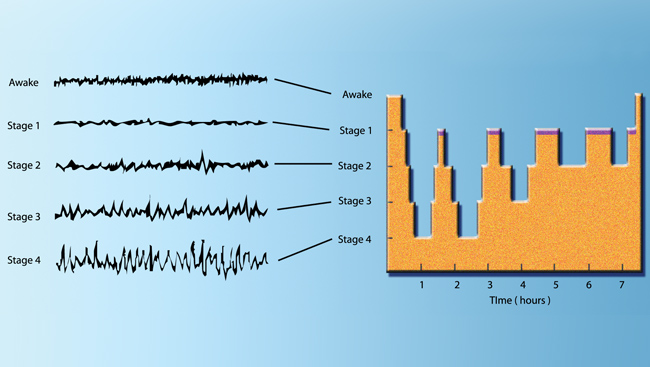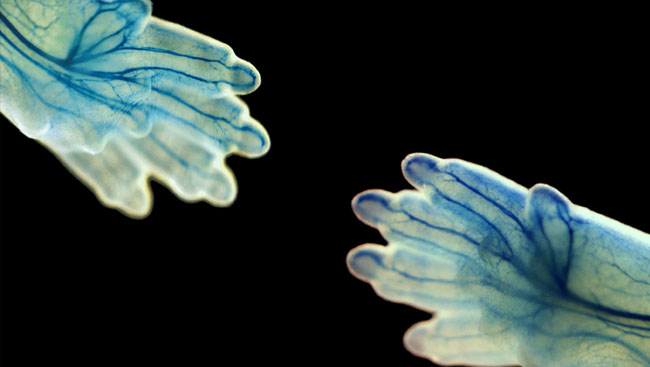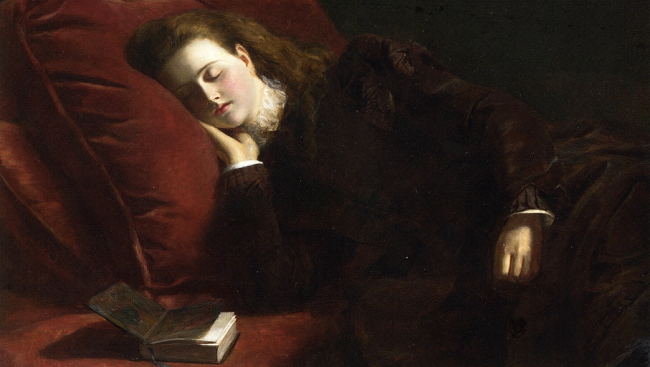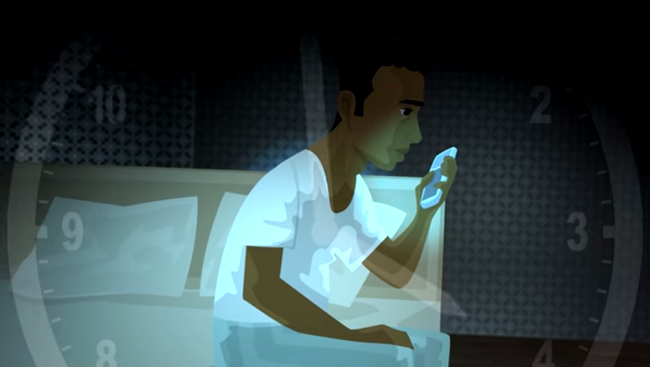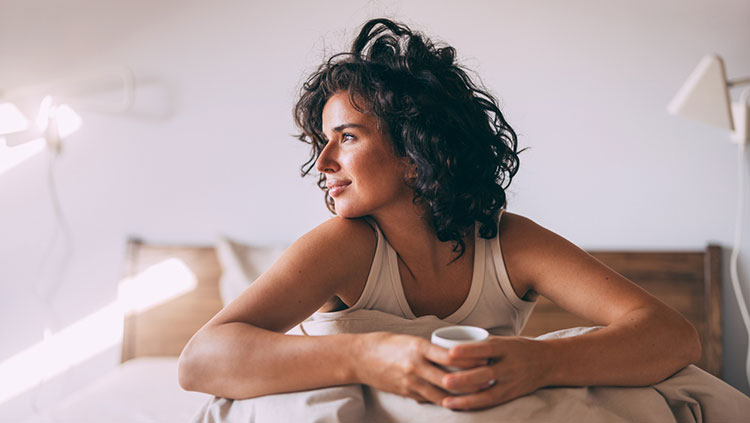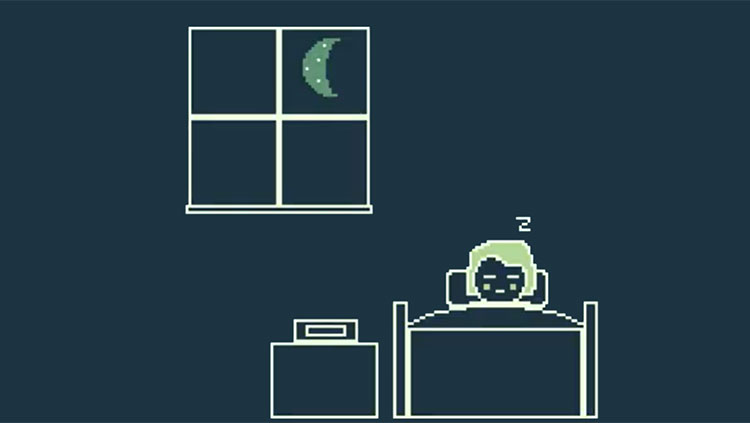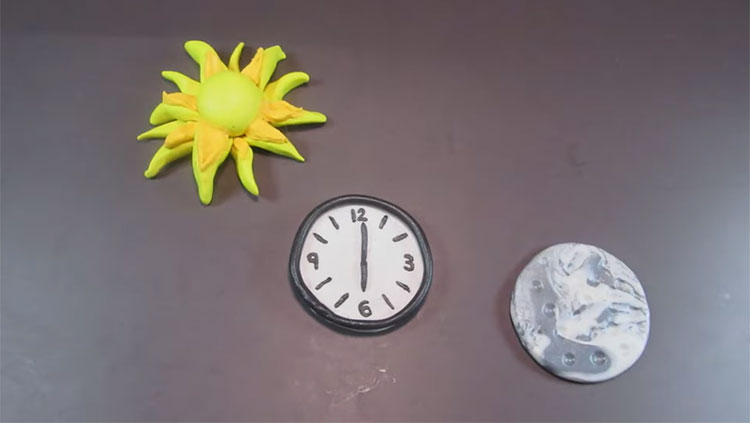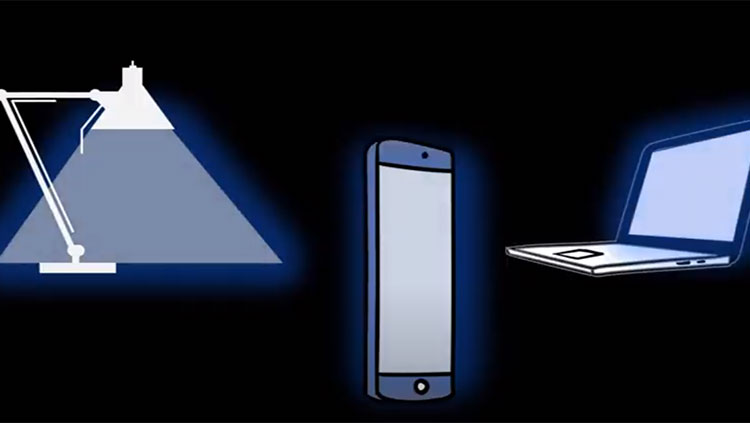Sleep and the Brain
- Published23 Jul 2015
- Reviewed23 Jul 2015
- Author Michael W. Richardson
- Source BrainFacts/SfN
You likely spend more of your life sleeping than performing any other activity, but there’s so much we don’t know this basic function. Scientists continue to make discoveries about the role sleep plays in our ability to think, remember and act. To find out more about sleep and the brain, browse through the images and their descriptions and click on the link in each caption to read the full articles.
Have a question about what you just read in our roundup? Just ask! Submit A Question
CONTENT PROVIDED BY
BrainFacts/SfN
Also In Sleep
Trending
Popular articles on BrainFacts.org


